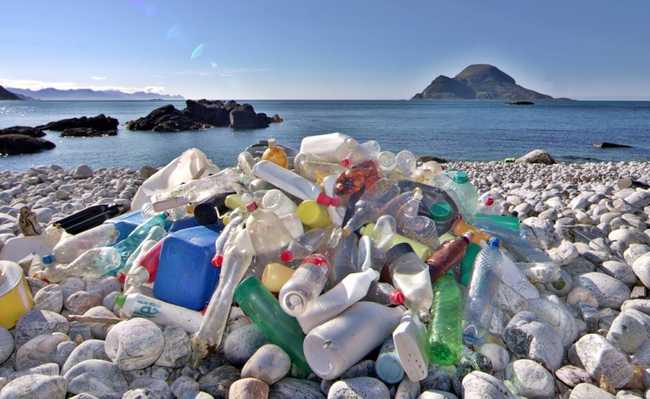Zero Waste Program in Rio de Janeiro reduces 34% of waste thrown on public roads
More than 460 pedestrians were fined during the project's first week in Rio de Janeiro.

The Zero Waste Program, launched by the city of Rio de Janeiro in August 2013, has already fined more than 460 people for throwing garbage in the street, according to a balance released by the Municipal Urban Cleaning Company, COMLURB. The numbers indicate a 34% reduction in garbage thrown on public roads. Despite being just beginning, the initiative is already considered a success.
The program is based on Municipal Law 3273 (Urban Cleaning Law, 2011) and provides for fines ranging from R$157 to R$3,000, depending on the volume of the item discarded incorrectly. People approached with indication of the infraction must present the CPF, and the fines are applied immediately, through computers and portable printers. Those who do not pay the fine may have their names dirty at Serasa and the Credit Protection Service (SPC).
To educate the population, the city launched an awareness campaign called “Lixo no Lixo, Rio no Coração”, and agents began to approach people three months before the start of the imposition of fines. The campaign had the support of the organization of the Rock in Rio 2013 event and the prestige of several artists. Another interesting awareness measure was created by the “Rio Eu Amo Eu Cuido” movement: an interactive trash can, nicknamed “little orange”, which has arms, eyes, nose and mouth, as well as an internal sound device that alerts pedestrians not to throw garbage on the floor. The orangery will be set up in various parts of the city of Rio de Janeiro to help educate cariocas.
Other Brazilian cities are discussing joining the program held in Rio de Janeiro. In São Paulo, since 2002, there has been a specific law to punish those who dispose of garbage on the streets. However, it could never be carried out due to the lack of structure to carry out the inspection. Recently, councilor Jair Tatto (PT) presented a bill that creates a fine of R$ 100 for anyone caught throwing garbage in the street. In case of chemical product dumping, the fine can reach up to R$ 500. The procedure that agents would use to apply the fines would follow the same pattern used in Rio.
In addition to São Paulo, cities such as Santo André and Curitiba are also studying the implementation of similar projects. The reduction in the amount of garbage thrown on the roads, despite the large number of fines, and the expansion of the project to more regions of Rio de Janeiro can leave a positive legacy for other Brazilian cities, which will invest in environmental education policies.
Check out the interview with the president of COMLURB in the video:










